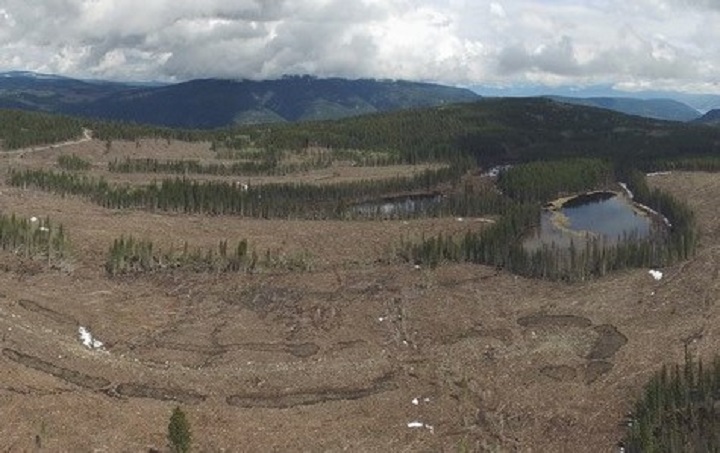Natural water processes, not logging, have played a much larger role in Peachland’s boil water advisories, according to a recent report.

The Forest Practices Board said it held an investigation into the impacts of forestry activities on drinking water from the Peachland and Trepanier community watersheds.
The board said it found “that forest licensees did a good job of minimizing the impacts of logging on water and that natural processes played a much larger role in the boil water advisories that Peachland has experienced in recent years.”
Along with Okanagan Lake, the Peachland and Trepanier watersheds supply drinking water to Peachland.
The board said the investigation was done in response to a complaint from a member of the Peachland Watershed Protection Alliance, who suggested forestry activities were impacting water quality and leading to a number of boil-water advisories.
“There was high snow accumulation and significant rainfall events during the spring snowmelt of 2017 and 2018 that led to increases in the amount of sediment in the water,” Kevin Kriese, chair, Forest Practices Board, said in the press release.
“The investigation also confirmed that a landslide that led to a boil water advisory was the result of natural stream dynamics and saturated soils and was not caused by forestry activity.”
WATCH (March 22, 2019): Some First Nations leaders call for logging moratorium above Peachland

The board said that the investigation found other developments and activities that may be contributing sediment to streams and potentially affecting water quality.
It pointed to roads built prior to current road construction standards, logging, ranching, mining and agriculture, as well as commercial and public recreation, private properties, a power line and Highway 97C.
“While forestry and range activities are regulated by the Forest and Range Practices Act to minimize impacts to water quality and quantity, no one is responsible for managing the cumulative impacts of all activities in these watersheds,” said Kriese.
“The auditor general’s recent report on drinking water protection points out systemic gaps in accountability and co-ordination for drinking water protection.”
The Forest Practices Board is B.C.’s independent watchdog for sound forest and range practices. For more on the board, click here.


Comments